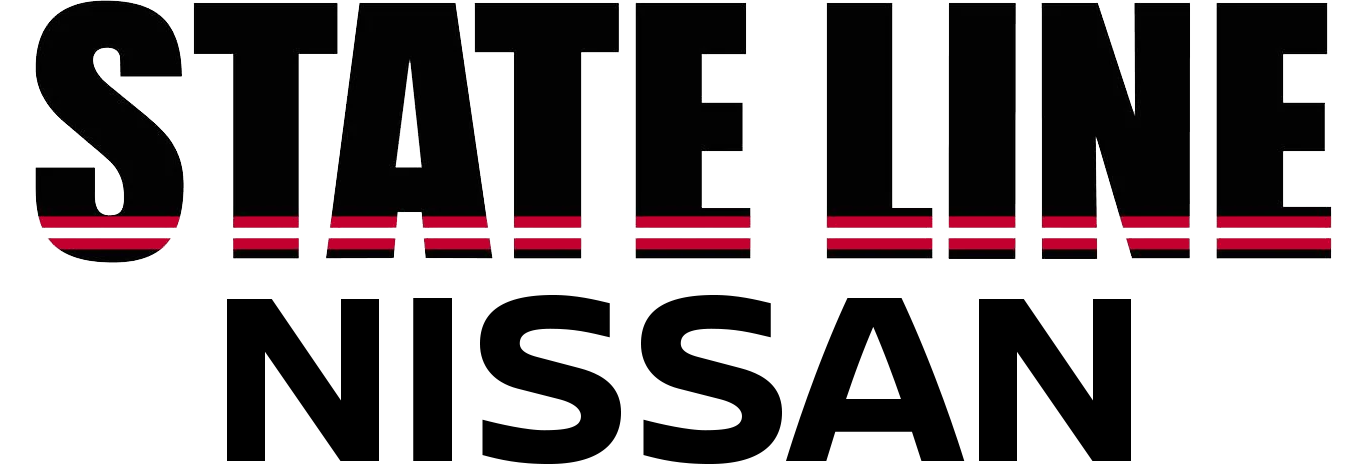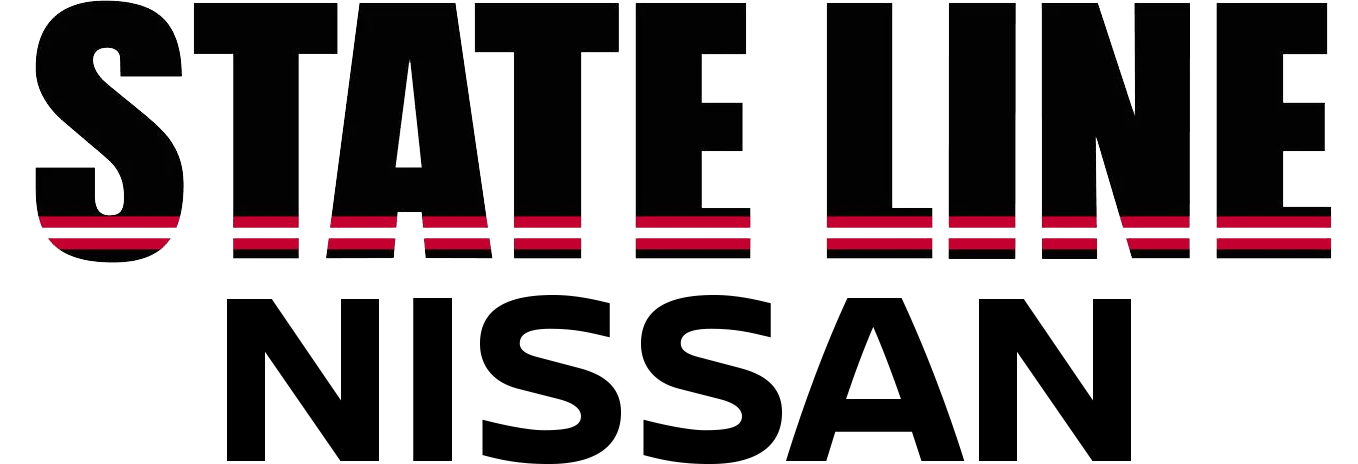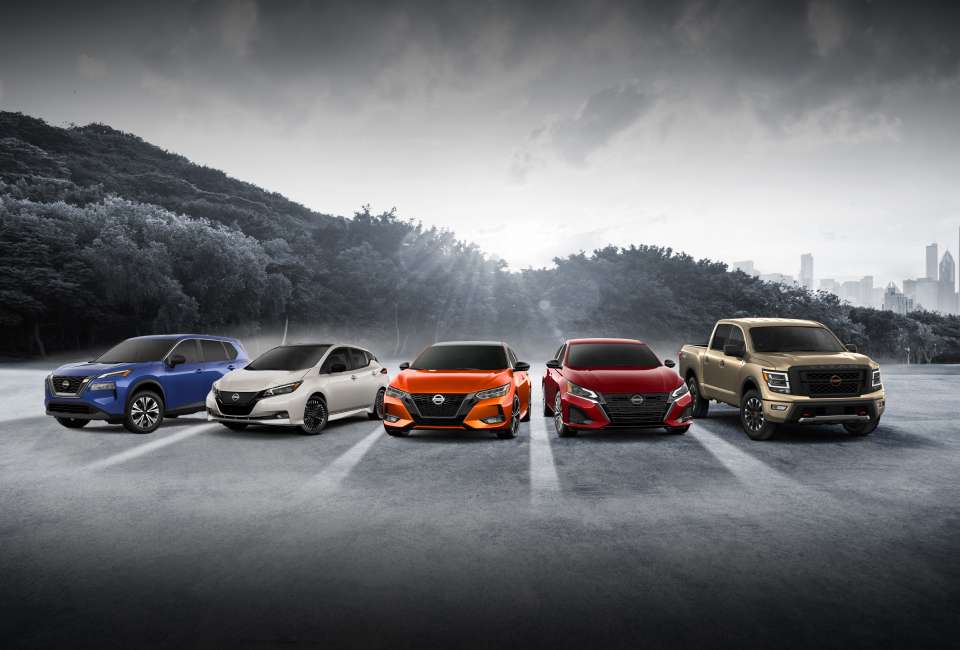Key Considerations Before Purchasing a Vehicle for Your Business
1. Determine the Type of Nissan is Required
While there are vehicles for any business, choosing the right Nissan can be challenging with all the options available. To help your decision, consider factors such as the type of work and business purposes the vehicle will be used for. It's important to find the right vehicle to fit the needs of the job.
Certain jobs require larger vehicles such as trucks that offer more cargo space for contractors. If you plan to use the vehicle for deliver services or as rideshare drivers that use up more gas mileage, consider a lighter commercial car or other fuel-efficient options. As fuel costs and maintenance can add up, a key consideration is looking at overall costs associated with buying a vehicle. When budgeting for a car for your business, keep in mind other upfront costs as well as registration fees and insurance.
2. Decide Between Leasing or Buying Your Nissan
Exploring options to determine whether leasing or buying is a better fit for your business is a good first step. But how do you decide if leasing or buying is the best option? A few things to evaluate is how many miles will be used, what the vehicle will be used for and the expenses.
When leasing a Nissan, you are generally looking at lower payments compared to financing. It may be a good option for businesses wanting the option of a smaller or no down payment on a vehicle. If buying a new vehicle over a used one is a possibility, you should consider if leasing is a good option rather than buying. For businesses looking to have customizations done, leased vehicles commonly can't offer that. Another disadvantage to pay close attention to is the mileage limitations on a lease. With limits that you can't exceed, if you go over the limit, there are extra fees you will have to pay.
With a purchase of a Nissan, monthly payments are higher than with leasing, but you own the vehicle. That means less limitations on mileage and you can drive it as much as you need to. Customizations and add-ons to your vehicle also become an option. In some cases, new cars can come standard with complimentary services for the first few years or a certain amount of miles or be offered as an optional extra. It's important to keep in mind that those expenses will be on you beyond that.
Tax advantages are available for both options. When leasing a vehicle, the monthly payments are a tax-deductible business expense. Buying will provide the advantage of deducting depreciation expense each year.
3. Consider a Used Business Vehicle
One of the best benefits of purchasing a used vehicle is cost savings. It saves your business money from the start by allowing someone else to bear the initial depreciation of the car. Choosing to buy a business vehicle from a private seller could be another option to save. But with all used cars, there is some risk, and having the car inspected to check if there are any major issues should be a priority to ensure you'll have a vehicle you can count on.
4. Decide what Aftermarket Parts & Upfits You Need
For businesses requiring specialized equipment and tools, upfitting plays a fundamental role to increase efficiency throughout your operations. Certain jobs may need customized accessories or cargo solutions such as roof units, shelving and cooling units etc. Upfitted vehicles are custom-made to fit the needs of workers and create an efficient work environment on the road.
OUR TEAM AT STATE LINE NISSAN OF KANSAS CITY CAN ASSIST YOU WITH ALL YOUR BUSINESS NEEDS



